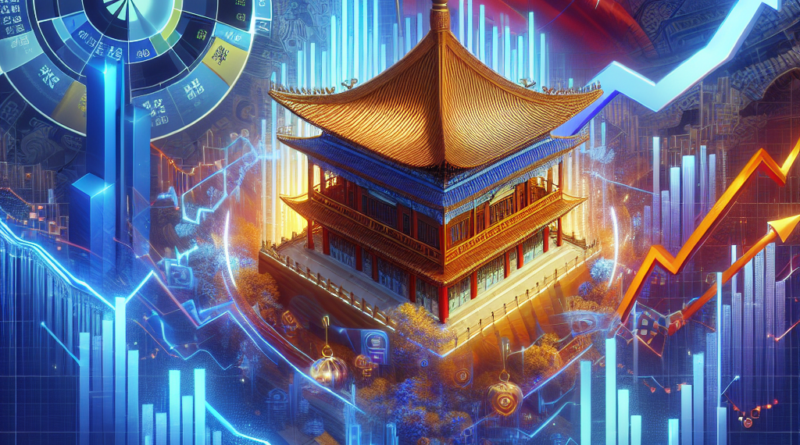Chinese Stocks Surge: What’s Behind the Super Rally?
Extraordinary Day for Chinese Stocks
On this last day of September, Chinese indices are soaring, with the Shanghai Composite approaching a remarkable +7% increase and Shenzhen reaching an impressive +10%.
The Chinese stock market is experiencing one of the most dramatic reversals in its history, as it rises for the ninth consecutive day, fueled by government stimuli that are enticing investors back into a market that has previously struggled with uncertainties regarding economic recovery.
Impressive Market Growth
The CSI 300 index has surged by 7.7%, marking its highest level since 2015, as traders rush to purchase shares ahead of a week-long holiday.
After losing over 45% of its value from its peak in 2021 until mid-September, the index has since rallied over 20%, setting the stage for a technical bull market.
Last week’s rally was the most significant since 2008.
As investors approach the final quarter of the year, the outlook for financial markets is improving.
China’s stimulus measures and interest rate cuts from major central banks are instilling hope for economic recovery.
The theme of economic growth is dominating investor sentiment regarding China, with the stock rally indicating signs of renewed optimism.
What is Driving Chinese Stock Gains?
The stellar gains in Chinese indices have transpired following the easing of rules for home buyers in three of China’s largest cities, along with the central bank’s move to lower mortgage rates.
These recent measures are part of a broader stimulus package announced last Tuesday, which also included interest rate cuts and liquidity injections for banks, plus support for the stock market.
Investor confidence in these stimulus measures is beginning to grow.
In a sign of market exuberance, the combined turnover of the Shanghai and Shenzhen stock exchanges exceeded 1.6 trillion yuan (approximately $228 billion) in the morning session.
Global renewed optimism for the world’s second-largest stock market is also spreading, with hedge funds selling U.S.
tech stocks in favor of mining and materials companies.
Meanwhile, iron ore prices have surged nearly 11%, as investors anticipate that China’s efforts to alleviate real estate issues will boost demand from the world’s leading consumer of the steel-making component.
David Chao, a strategist at Invesco Asset Management, remarked, “I believe the euphoric wave we witnessed in Chinese markets last week could transform into something more concrete and sustainable, as there seems to be a complete policy shift that might finally address the cyclical headwinds of the past three years.” He added that while there may still be debate about the implementation of these policy changes, a new direction appears to be underway.
Challenges Ahead
However, China’s manufacturing activity continues to contract, and the services sector has slowed down in September, as indicated by data released on Monday.
This weak economic performance is impacting Europe, one of China’s major trading partners, with all three leading German car manufacturers—Volkswagen AG, Mercedes-Benz Group AG, and BMW AG—issuing warnings about their profits this month.
Thus, China remains shrouded in a mix of optimism and concern.




